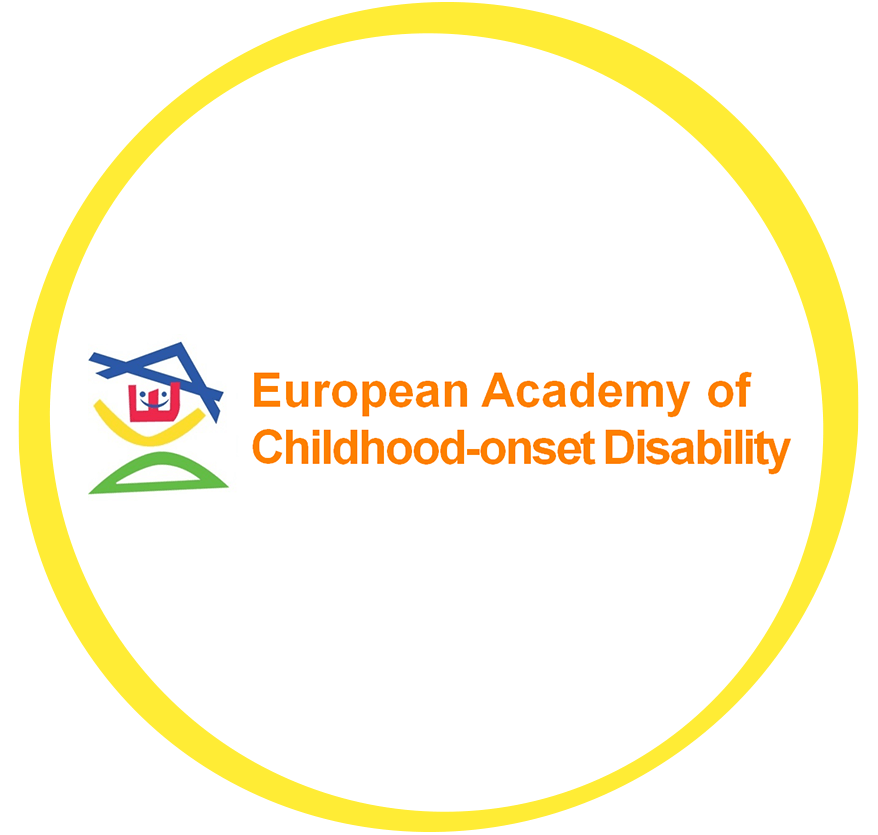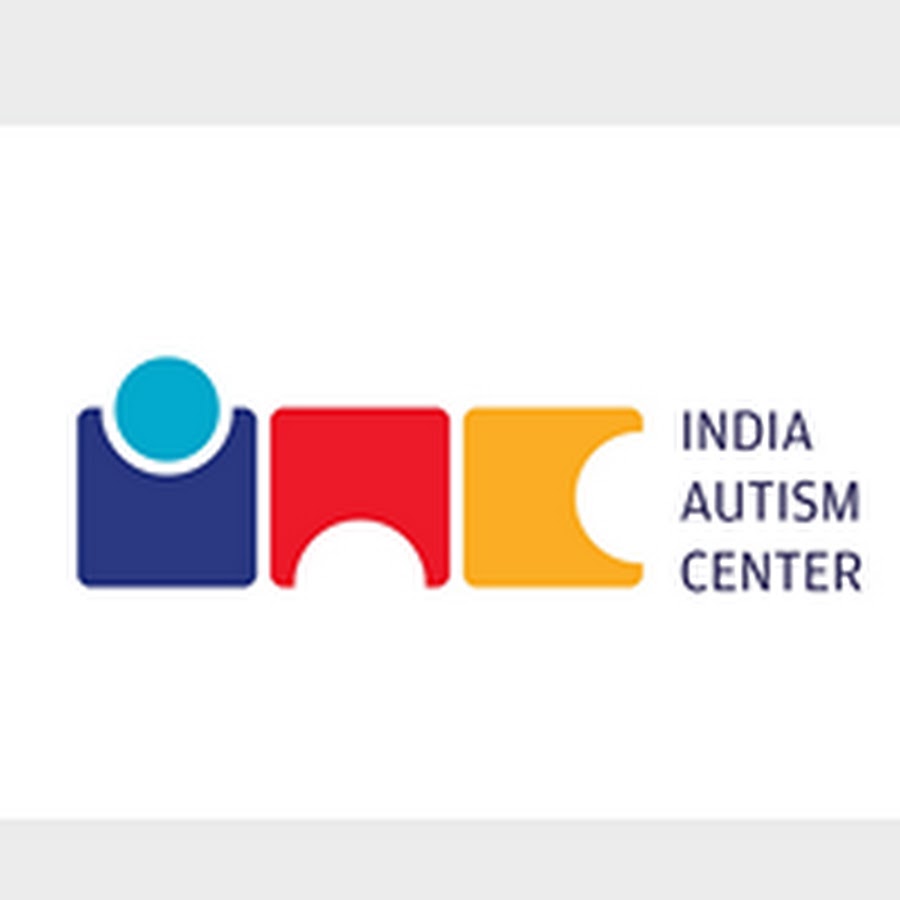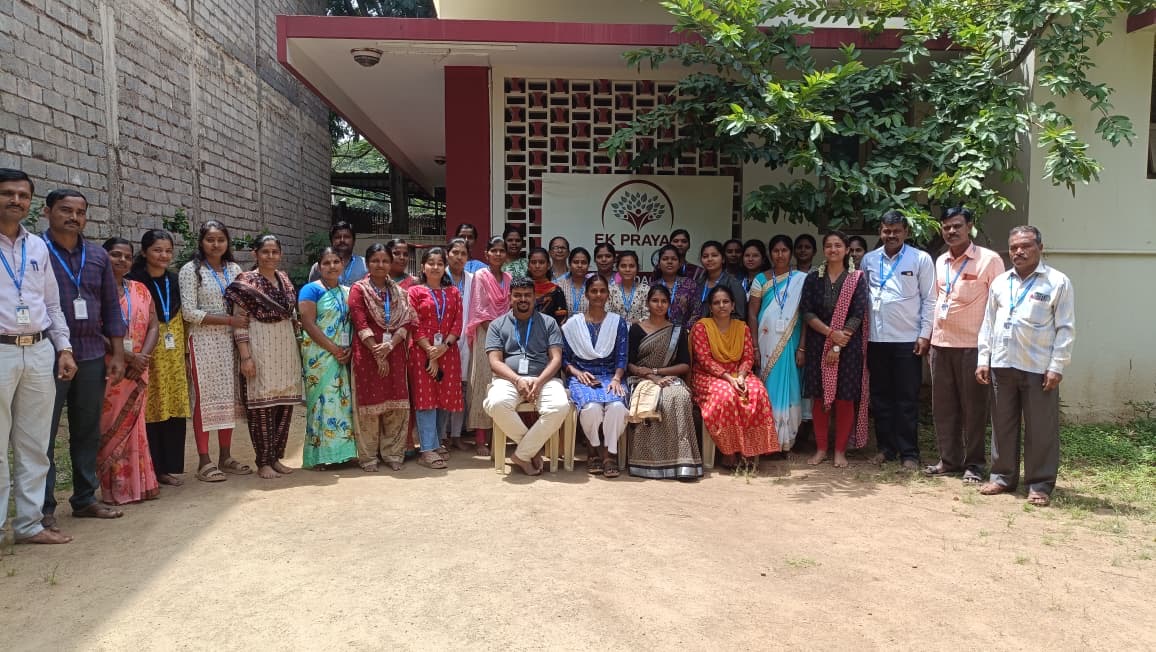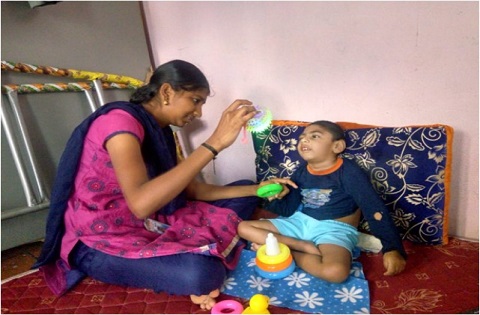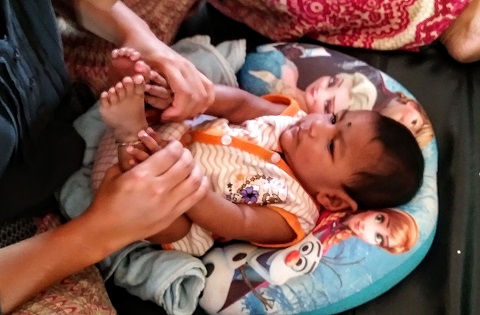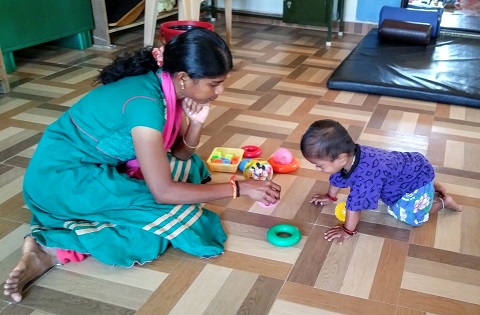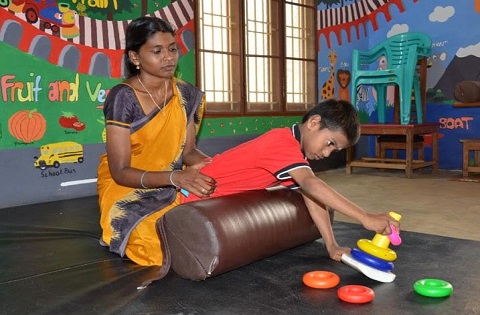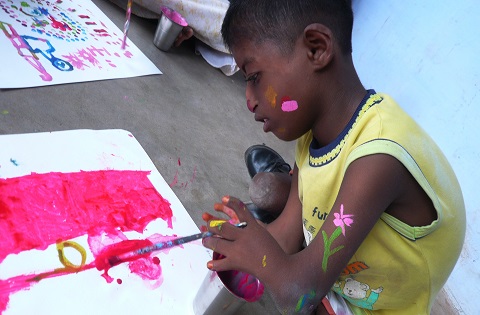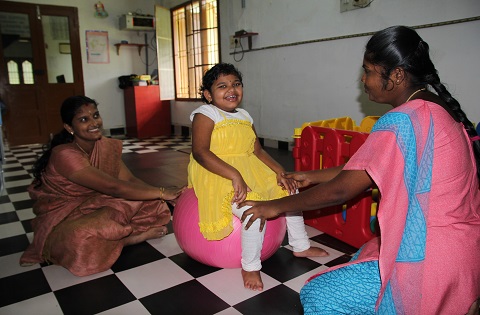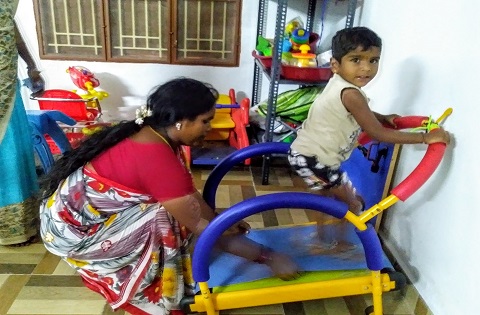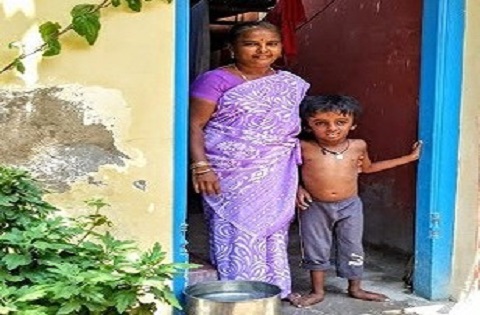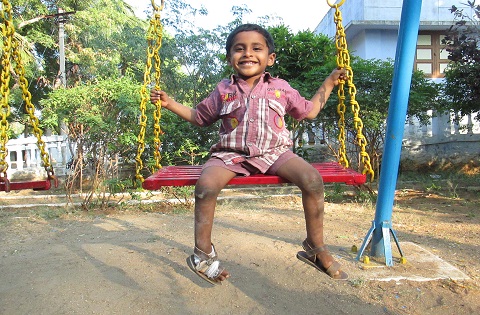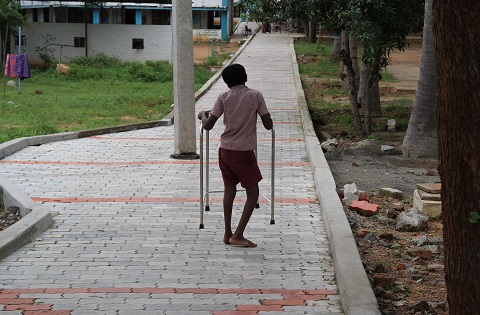A study conducted by ASSA highlighted the need expressed by parents of children with disabilities in our EI program, for strengthening of parent leadership, peer connection and mentorship in order to further reduce their strain/burden, empower them, provide peer connections, provide more knowledge and an avenue for advocacy and promote inclusion of their children with disabilities into the school and community.
Amar Seva Sangam launched parent empowerment groups in Sept 2021 and invited all parents of children with disabilities in our Tenkasi District program to join. In total, 42% of parents joined and we established 20 parent groups, with parent leaders
Monthly meeting were held and facilitated by CRWs and rehab specialists from ASSA and topics were discussed collaboratively.
Parent group meetings themes included:
(1) Parent groups members will develop a strong sense of togetherness.
(2) Advocating for each other
(3) Child’s health is influence by my health and the community’s health
(4) You are the expert, let us share our expertise with each other.
(5) Community integration
(6) Accessing Niramaya and other government schemes
(7) Inclusive Education
(8) Parent Income Generation
Amar Seva collaborated with University of Toronto’s Department of Occupational Therapy and conducted a research study, examining the question: “Does a parent capacity building intervention involving the formation of parent groups with parent leaders improve parent empowerment, peer support, community integration, social inclusion, and ability to advocate for their children and what factors influence these outcomes?”
The study used a mixed methods approach, using pre-test / post-test design where the Community Integration Measure and the Parental Empowerment through Awareness, Relationships, and Resources measure were taken at baseline and after the caregivers have participated in the intervention for 6 months. In addition, focus groups were conducted to provided qualitative data.
The project was funded by a research grant from McGill University’s Non-Communicable Disease Program. Data collection has been completed and data analysis is currently ongoing. Some quotes from parents obtained during the qualitative study are given below.
“These meeting have given us the strength that we are not alone in this and has put our minds at peace.”
“The issues we are facing, other parents are also facing. So, by interacting with them, we get guidance on how to handle those issues and it is very useful and helpful. Their suggestions are helping my kids also. These parents give me more motivation to be there for my child.”
The parent group intervention is continuing on with monthly meetings and will be strengthened by the finding of the study, with the goal of continuing to support and empower parents of children with disabilities.

